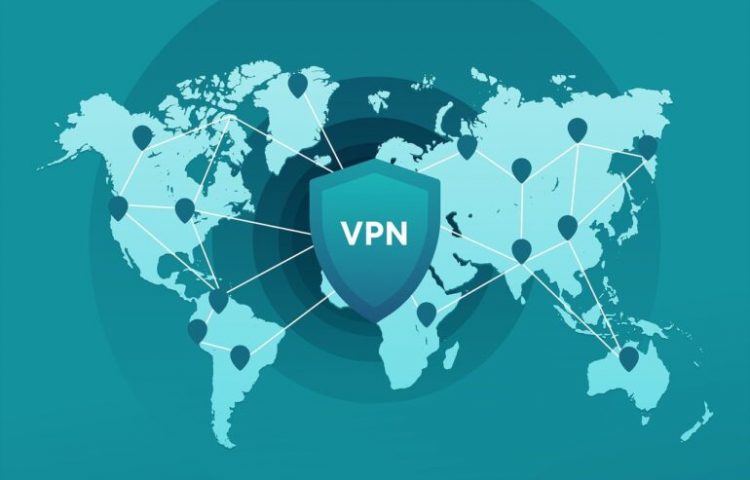How does a VPN work?
VPN stands for “Virtual Private Network” and describes the opportunities to establish secure network connections when using public networks. Encryption takes place in real-time.
The VPN hides your IP address when the network is redirected to a specially configured remote server that runs through the VPN host. This suggests that if you surf online from a VPN, the VPN server becomes your source of knowledge. This indicates that you’re Internet Service Provider and other third parties cannot see which website you visit or what data you send and receive online. VPN for Windows is a filter that converts all your data into “gibberish.” Albeit someone touches your data, it’ll be useless.
What are the advantages of a VPN connection?
A VPN connection hides your data traffic online and protects it from external access. Anyone with access to the network and needs to look at it can view the encrypted data. With the assistance of a VPN, hackers and cybercriminals cannot understand this data.
Secure Encryption:
To read the information, you’ll need an encryption key. Without anyone, in the event of a strong attack, it might take many years for the computer to know the code. With the assistance of a VPN, your online activities are also hidden on public networks.
Hide your whereabouts:
Free VPN servers must act as your proxy on the web. Your actual location can’t be determined because demographic location data comes from a server in another country. Additionally, most VPN services don’t store your activity log. On the other hand, some providers record their behaviour but don’t pass this information on to 3rd parties. This suggests that any possible records of your user behaviour are permanently hidden.
Access to regional content:
A regional web page isn’t always available everywhere. Services and websites often contain content that can only be accessed from some parts of the planet. Standard contacts use local servers within the country to work out your location. This suggests you cannot access the content reception while travelling and cannot access international content from home. By forging a VPN location, you’ll switch to a server in another country and effectively “change” your location.
It tracks you through an IP address. Your network traffic is monitored by your ISP’s servers, which may log and display everything you do online.
Your VPN may appear trustworthy, but it will share your browsing history with advertisers, the police, the government, and other third parties. ISPs can also be attacked by cybercriminals: if they’re hacked, your personal information and data are often compromised.
This is especially important if you regularly use public Wi-Fi networks. You’ll never know who can monitor your Internet traffic and steal your passwords, personal data, payment information, or full identity.
The best free VPN for Windows connection establishes a secure connection between you and the Internet. Once you use the web, it changes the form of your IP address and makes its location invisible to everyone.
Additionally, the VPN connection is protected against external attacks. This is often because only you’ll access the info within the encrypted tunnel—and nobody else can because they do not have the key. VPN allows you to access regionally limited content from anywhere in the world. Many streaming platforms aren’t available in every country, but you’ll still access them using a VPN.

















